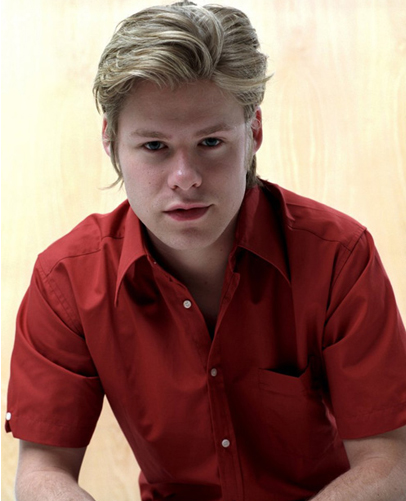
Waiting for Godot
Read the title, WAITING – FOR – GODOT. Someone is waiting for another person called Godot. First important question: the protagonist are the ones which wait, or Godot himself, who is waited?
Beckett took his decision, and put “Godot” in the title: so, Godot is the main character??? The answer is yes and no!
Godot, though he never appears, is the major figure of the play, but more important and relevant is the meaning of his absence. Some critics used to suggest that Godot refers to the absence of God in our society, but this interpretation was already abandoned when Beckett rejected it.
Focus the attention on Godot’s role: he’s absente, sure; but he is the reason why the other characters are there; his arrival is desired but also feared, because Godot means ending. If Godot arrives, the end (and obviously the idea of ending) is necessary. Estragon and Vladmir have no more reason to stay there. But Godot doesn’t arrive.
Without his arrival, they have to stay there, waiting for him: they are not able to left the stage, the cannot leave.
All the actions made by the characters, are strictly linked, not to Godot, but to his absence.
Estragon and Vladimir are waiting “the next day – Tomorrow”, when Godot is supposed to arrive, but he will not! Is time different over there? Should they wait another day? They think they have to, so they wait for him another day…but Godot will not come, again.
Godot’s arrival will be postponed indefinitely: this is an endless repetition.
At the end, the idea of life will be linked to Godot, his absence and his possible arrival. Vladimir and Estragon decide to go, but they don’t: they are not able to do it… and the audience know that behind the curtain, Vladimir and Estragon are still waiting for Godot.
Beckett took his decision, and put “Godot” in the title: so, Godot is the main character??? The answer is yes and no!
Godot, though he never appears, is the major figure of the play, but more important and relevant is the meaning of his absence. Some critics used to suggest that Godot refers to the absence of God in our society, but this interpretation was already abandoned when Beckett rejected it.
Focus the attention on Godot’s role: he’s absente, sure; but he is the reason why the other characters are there; his arrival is desired but also feared, because Godot means ending. If Godot arrives, the end (and obviously the idea of ending) is necessary. Estragon and Vladmir have no more reason to stay there. But Godot doesn’t arrive.
Without his arrival, they have to stay there, waiting for him: they are not able to left the stage, the cannot leave.
All the actions made by the characters, are strictly linked, not to Godot, but to his absence.
Estragon and Vladimir are waiting “the next day – Tomorrow”, when Godot is supposed to arrive, but he will not! Is time different over there? Should they wait another day? They think they have to, so they wait for him another day…but Godot will not come, again.
Godot’s arrival will be postponed indefinitely: this is an endless repetition.
At the end, the idea of life will be linked to Godot, his absence and his possible arrival. Vladimir and Estragon decide to go, but they don’t: they are not able to do it… and the audience know that behind the curtain, Vladimir and Estragon are still waiting for Godot.
Copyright © 2008 randy-harrison.it | All rights
reserved
Written by Loris - Edited by Marcy
Written by Loris - Edited by Marcy